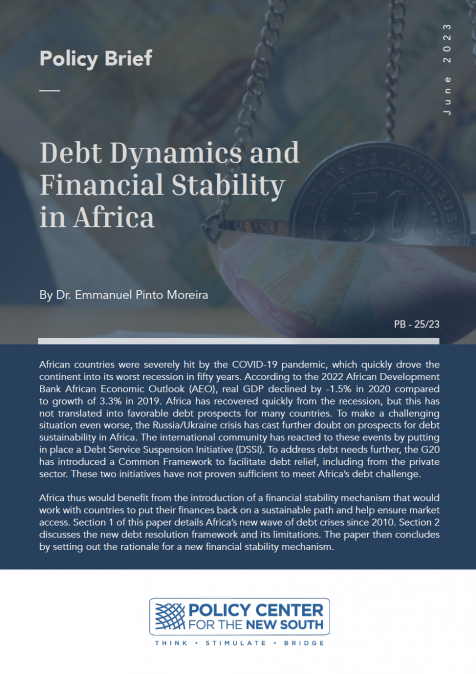Chair: Debora Revoltella, Chief Economist, European Investment Bank (EIB)
Speakers:
Paolo Gentiloni, Commissioner, Economic Affairs, European Commission (EC)
Boštjan Vasle, Governor Central Bank of Slovenia
Boris Vujčić, Governor, Central Bank of Croatia







